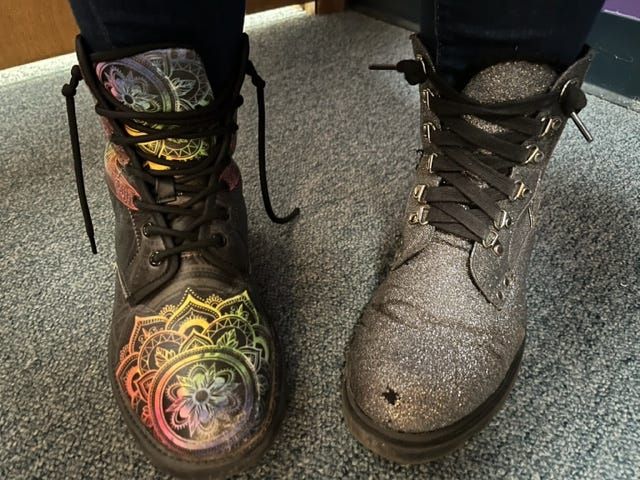Embracing Authenticity: Rethinking the “New Year New Me” Mantra

Ah, the annual dance with the ‘New Year New Me’ mantra, where my goals are as likely to happen as my ability to keep plants alive — spoiler alert: not high chances of success. As the calendar turns to a new year, the air fills with aspirations, resolutions, and the familiar chorus of “New Year, New Me.” It’s a mantra that has become almost ingrained in our collective consciousness, suggesting that with the changing year, we have the opportunity to reinvent ourselves entirely. However, beneath this optimistic surface lies a narrative that can be damaging and misleading.
The concept of a “New Year New Me” often implies a need for radical transformation or a complete overhaul of oneself. It suggests that our current selves are inadequate and that a better version can be achieved by shedding our current identity like an old skin. But what if this narrative is not only unrealistic but also detrimental to our mental health and well-being?
In a society that often glorifies an idealized version of success and happiness, the pressure to conform to societal norms can be suffocating. This pressure is exacerbated for individuals dealing with conditions like ADHD or those who have experienced trauma. For them, the journey of self-acceptance and personal development can be particularly challenging.
People with ADHD often face difficulties in conforming to societal standards of productivity and focus. Many of them are functioning (or trying to function) as someone else, in a world not built for them. It’s a constant uphill battle of “you’re doing it wrong.” The constant expectation to fit into a structured mold can lead to chronic self-doubt and feelings of inadequacy. The “New Year New Me” paradigm may amplify these feelings by setting unrealistic goals or standards, further perpetuating a cycle of frustration and self-rejection.
Moreover, individuals who have experienced trauma often grapple with the aftermath of trying to navigate a world that may have rejected, harmed, or marginalized them. The idea of reinventing oneself can sometimes stem from a desire to escape from painful memories or societal stigmatization. It may even perpetuate the idea of escape from who they are- that person who experienced the bad things and doesn’t want to remember. Who wouldn’t want to be a totally different person if that were the case? The pressure to assimilate into a mold that is more acceptable to others can lead to a loss of one’s authentic self, as they strive to avoid being a target of rejection or harm.
To finish the article please visit my official blog on the link
